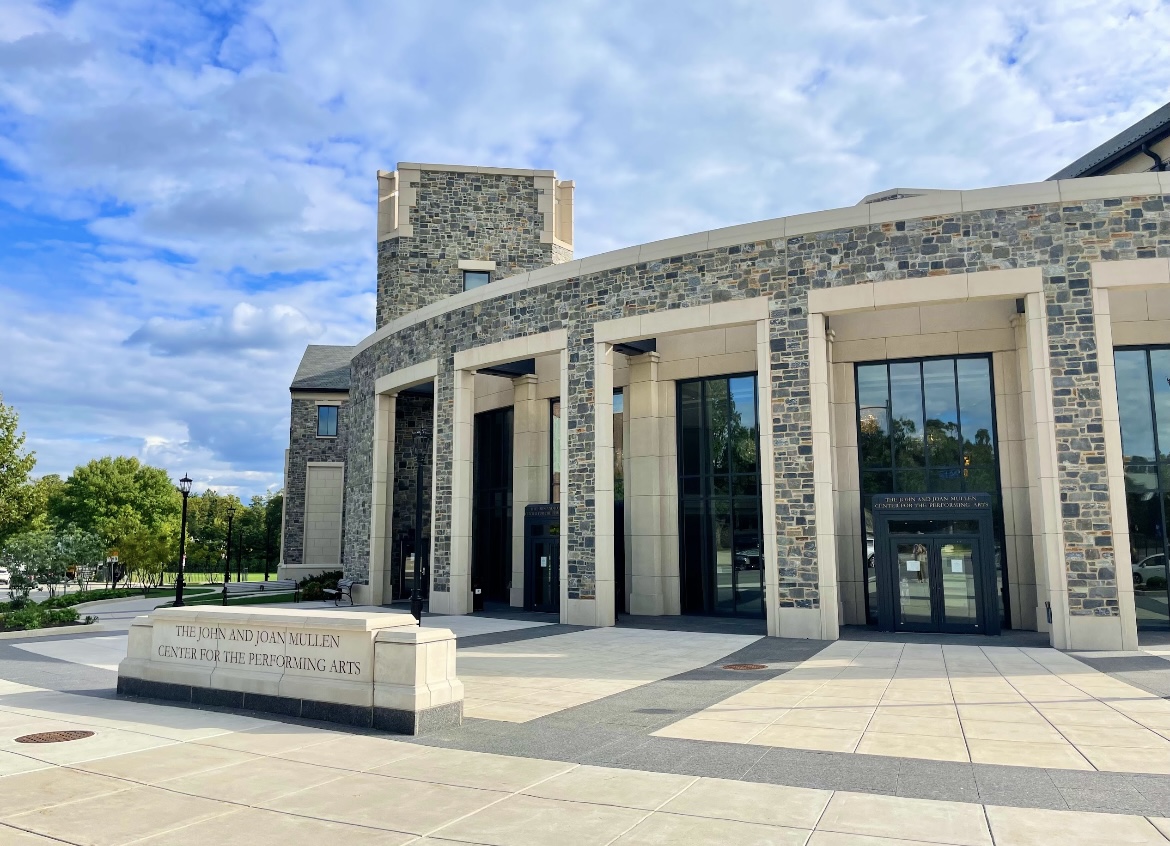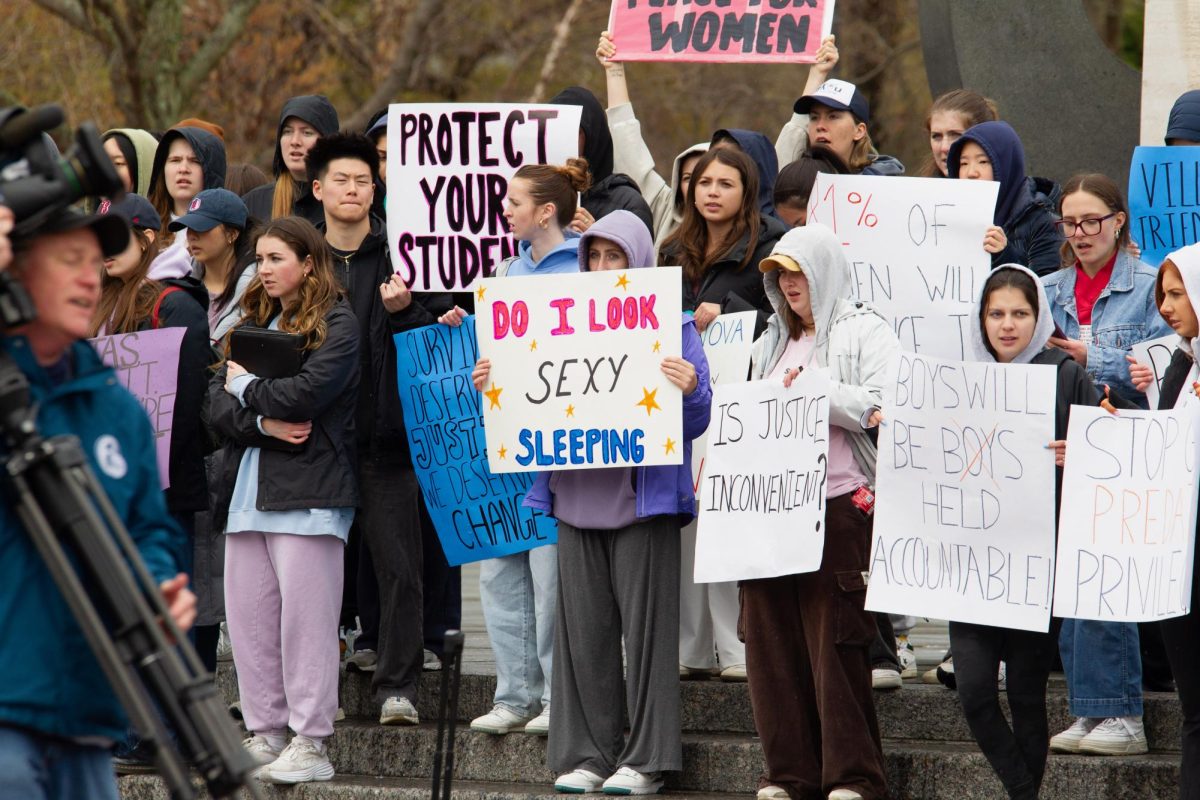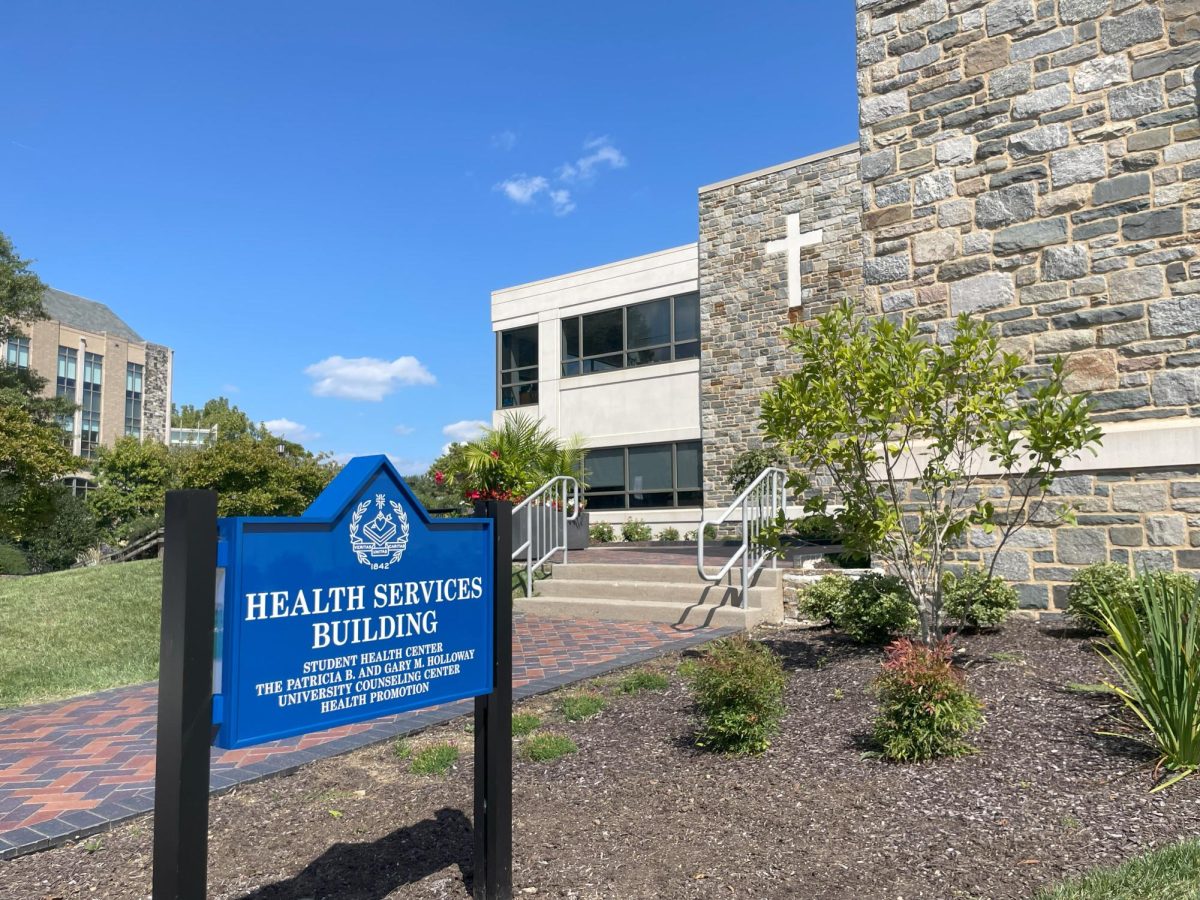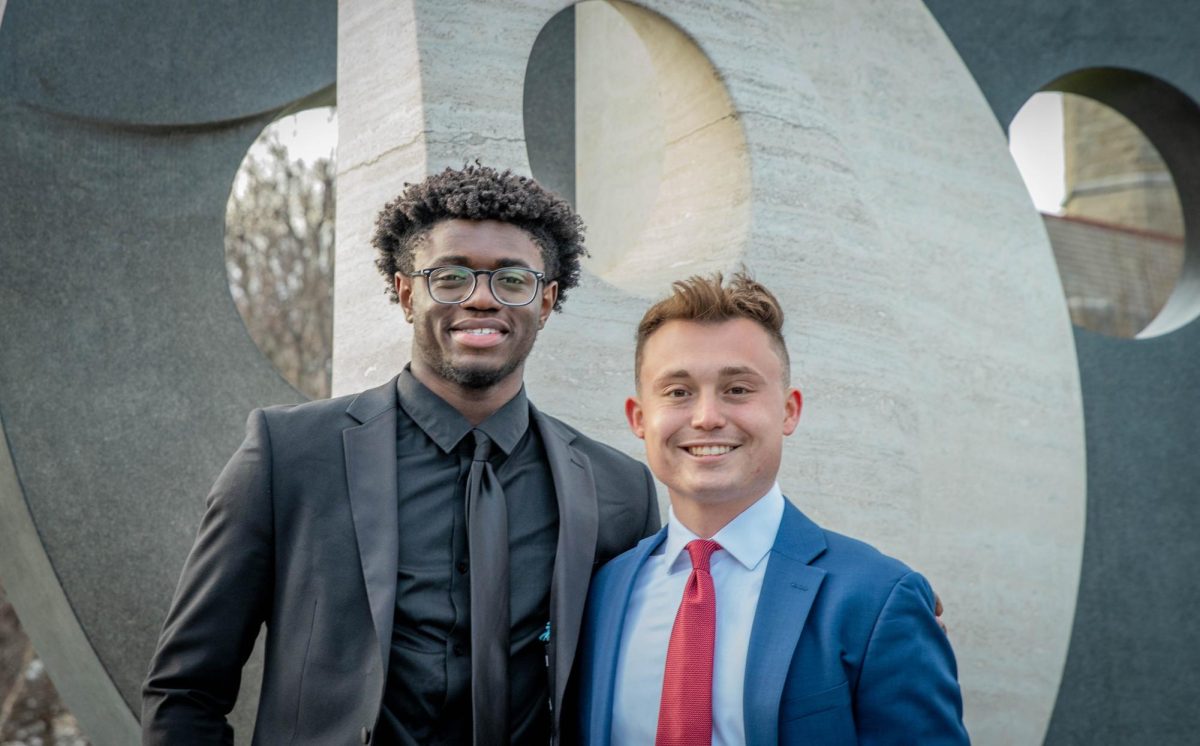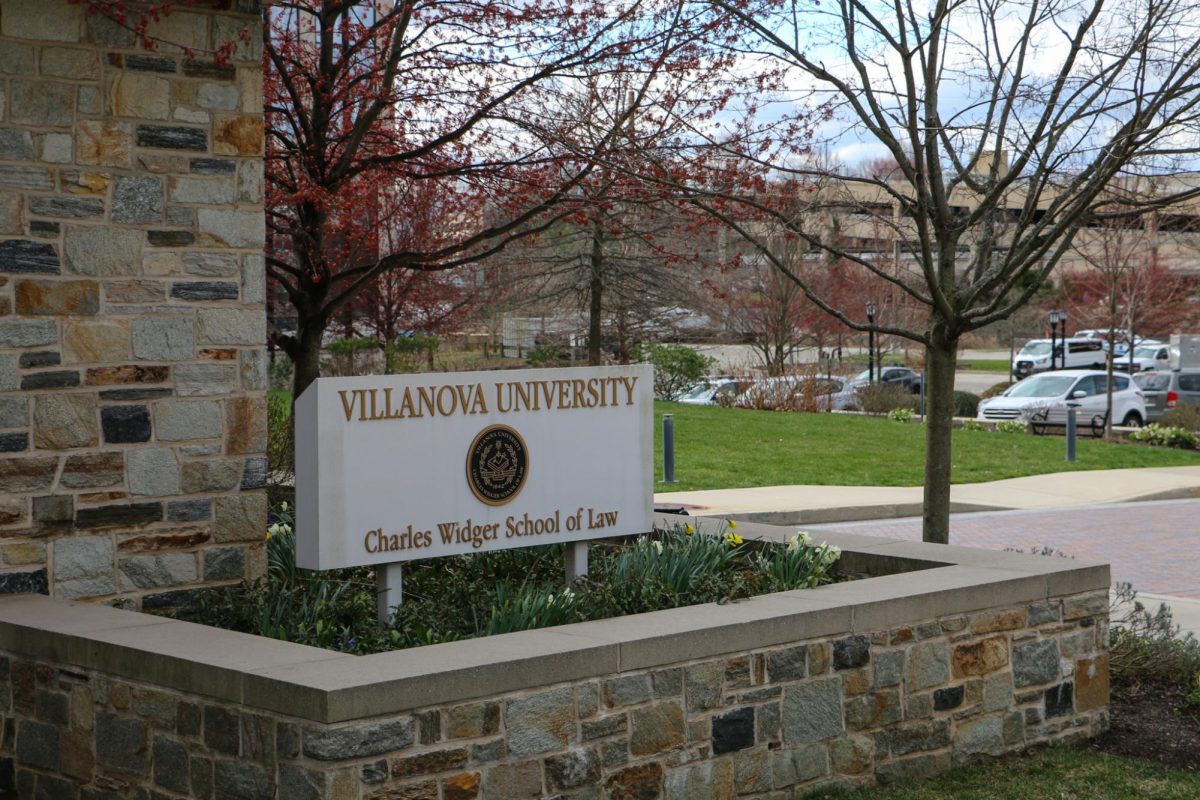There are many aspects of the United States that will be impacted when a new president enters the Oval Office in January. One of the most prominent issues that is being discussed as Election Day approaches is the economy. The effects of the economy will be felt across the country, including here at 800 E. Lancaster Avenue.
Both the Donald Trump and Kamala Harris campaigns have shared their desired economic plans if they were to secure a victory in November.
According to The Washington Post, Trump has promised to protect Social Security and Medicare, has proposed slashing the corporate tax rate for companies and has mentioned imposing a 10% tariff on all goods imported to the United States and a 60% tariff on goods from China. On his campaign website, he states that he hopes to “end inflation and make America affordable again, stop outsourcing and turn the United States into a manufacturing superpower and supports large tax cuts for workers.”
On the other hand, Harris’ economic goals outline different objectives. According to The Washington Post, she plans to stand with the Biden Administration proposals for Social Security and Medicare but hopes to strengthen it. She has also called for increasing the corporate tax rate and expanding the earned income tax credit. According to the Vice President’s campaign website, she hopes to “cut taxes for middle class families, support American innovation and workers and grow small businesses and invest in entrepreneurs.”
The issue of student loans will impact both current and future Villanovans. According to the Education Data Initiative, student loan debt in the US is an estimated $1.753 trillion. Additionally, 42.8 million borrowers currently have student debt with the average balance being $37,853. The total estimated cost of attendance for the University this academic year is $88,812.
Throughout his campaign, Trump has not mentioned widespread student loan debt cancellation. However, he has supported action to consolidate income-driven repayment plans. During his previous term, Trump did not repeal any major student loan forgiveness plans. The Education Department under Trump rewrote regulations that govern the Borrower Defense to Repayment.
Harris has previously backed the Biden Administration’s student-loan forgiveness program. This plan includes loan forgiveness up to $20,000.
However, in August, the Supreme Court temporarily halted the Biden Administration from implementing parts of the SAVE Plan, a method of student debt repayment. On her campaign website, it states, “To date, Vice President Harris has helped deliver the largest investment in public education in American history, provid[ing] nearly $170 billion in student debt relief for almost five million borrowers.” It remains unknown what Harris’ next steps with student loans would be.
“The issue of student loans is one I will be paying attention to when I vote in November,” a Villanova junior female who requested anonymity said. “A Villanova education comes with a price tag and I am curious to see how Harris and Trump address the issue in the coming weeks to students.”
Both candidates’ views and goals for the American economy could sway many votes in the upcoming weeks. Their future policies will have the ability to and likely will play a role in the wallets and lives of many, both in the near and far future, including Villanovans.

